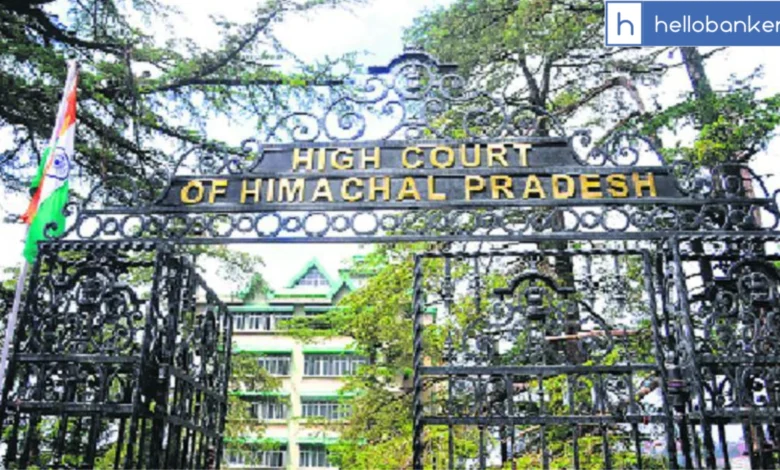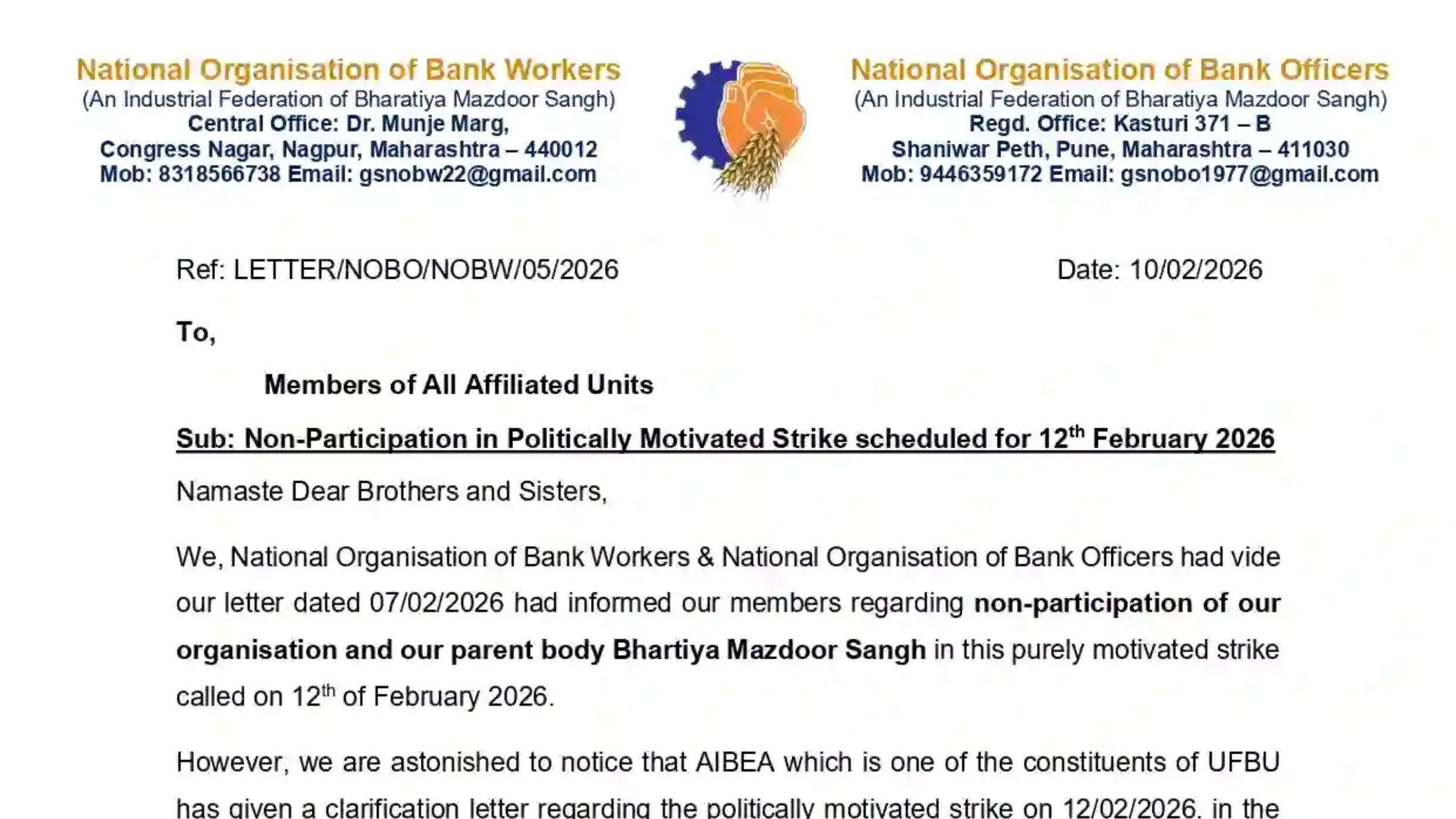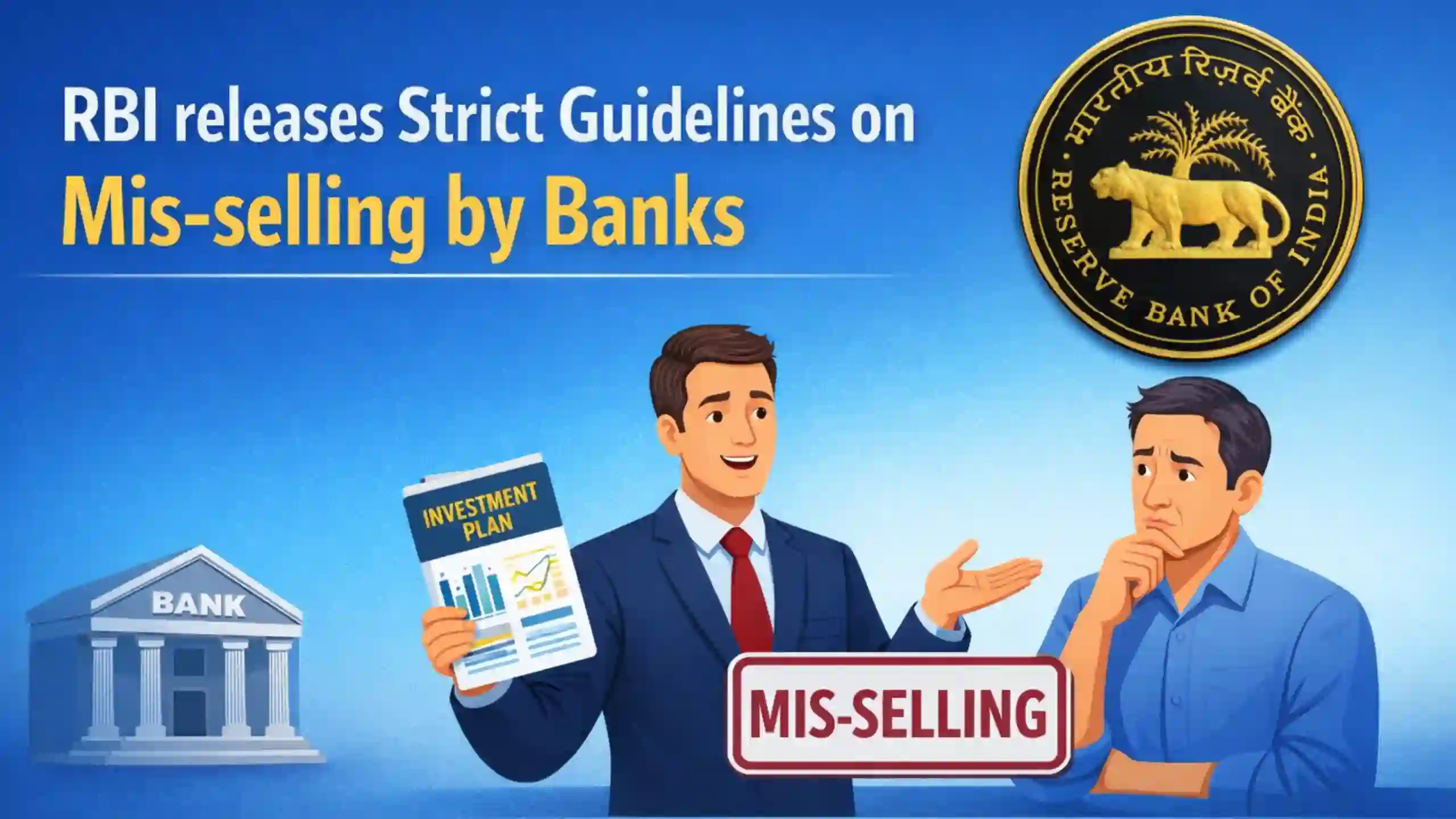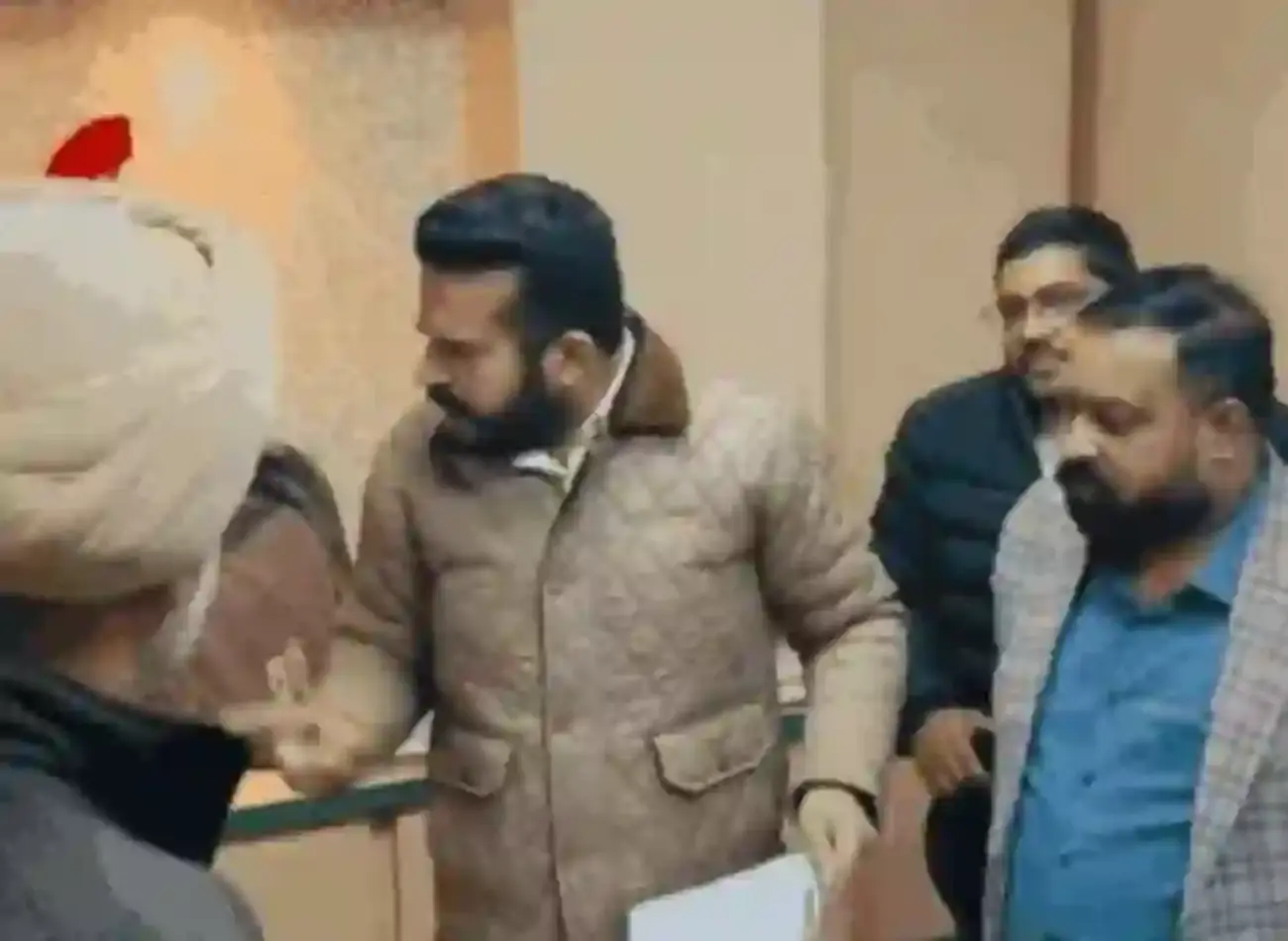Repeatedly ignoring Orders from Higher Authorities leads to Disorder: High Court

The Himachal Pradesh High Court has supported the decision to compulsorily retire a professor from a government university. The court emphasized that repeatedly ignoring orders from higher authorities cannot be ignored because it leads to disorder and lack of discipline, especially in public institutions like universities.
Background of the Case
Dr. S.D. Sankhayan, the professor involved, was the Head of the Department of Social Sciences at CSK Himachal Pradesh Krishi Vishwavidyalaya. Over time, several complaints were filed against him, which led to his removal from the Head of Department position. Following this, multiple departmental inquiries were initiated to investigate the complaints.
Initially, after the first inquiry, Dr. Sankhayan was reinstated as the Head of the Department. However, the Vice-Chancellor of the university was not satisfied because the inquiry was not conducted by the appointed fact-finding officer. As a result, a retired IAS officer was brought in to carry out a fresh inquiry, after which Dr. Sankhayan was again removed from his duties.
Legal Proceedings and Tribunal Actions
Unhappy with the new inquiry, Dr. Sankhayan approached the Himachal Pradesh State Administrative Tribunal. Although the inquiry was conducted, the tribunal put a temporary stay on any administrative action against him. The university later requested the tribunal to lift this stay. The tribunal clarified that the university was free to continue disciplinary action, and soon after, a proper inquiry took place. The findings were reviewed by the university’s Board of Management, which led to a formal notice proposing Dr. Sankhayan’s dismissal.
Dr. Sankhayan appealed against this decision to the Chancellor of the University. Both his appeal and a subsequent review petition were rejected.
The High Court’s Review
Following these rejections, Dr. Sankhayan filed a writ petition in the Himachal Pradesh High Court seeking reinstatement and other related benefits. He argued that the inquiry was unfair because the Vice-Chancellor did not have the authority to start the inquiry or appoint the officer without approval from the Board of Management. He also claimed that the charges against him were not proven and that compulsory retirement was too harsh a punishment for the alleged misconduct.
The university responded by explaining that the original punishment of dismissal had been softened to compulsory retirement after considering Dr. Sankhayan’s long service, family responsibilities, and his request for voluntary retirement. They also pointed out that the Vice-Chancellor had the authority to act on behalf of the Board of Management under the university’s governing law.
Court’s Decision and Reasoning
The High Court stated that under Article 226 of the Indian Constitution, it can only check whether the legal process was properly followed and cannot question the findings of the inquiry officer. Upon reviewing the case records, the court found no fault in the inquiry process. It confirmed that Dr. Sankhayan was given a fair chance to defend himself and the inquiry followed the university’s service rules.
The court pointed out that the proven charges against Dr. Sankhayan involved repeated disobedience and refusal to follow orders from his superiors. According to university rules, this behavior counts as misconduct. Regarding the punishment, the court noted that the disciplinary authority has the right to decide an appropriate penalty based on how serious the misconduct is.
Justice Satyen Vaidya explained, “Repeated insubordination and failure to follow orders cannot be ignored lightly as it creates indiscipline and disorder in a public institution like the university.”
Final Outcome
The High Court dismissed Dr. Sankhayan’s writ petition and confirmed the compulsory retirement order. This decision highlights the importance of discipline and obedience in public universities and serves as a reminder that repeated defiance of authority can lead to serious consequences.






